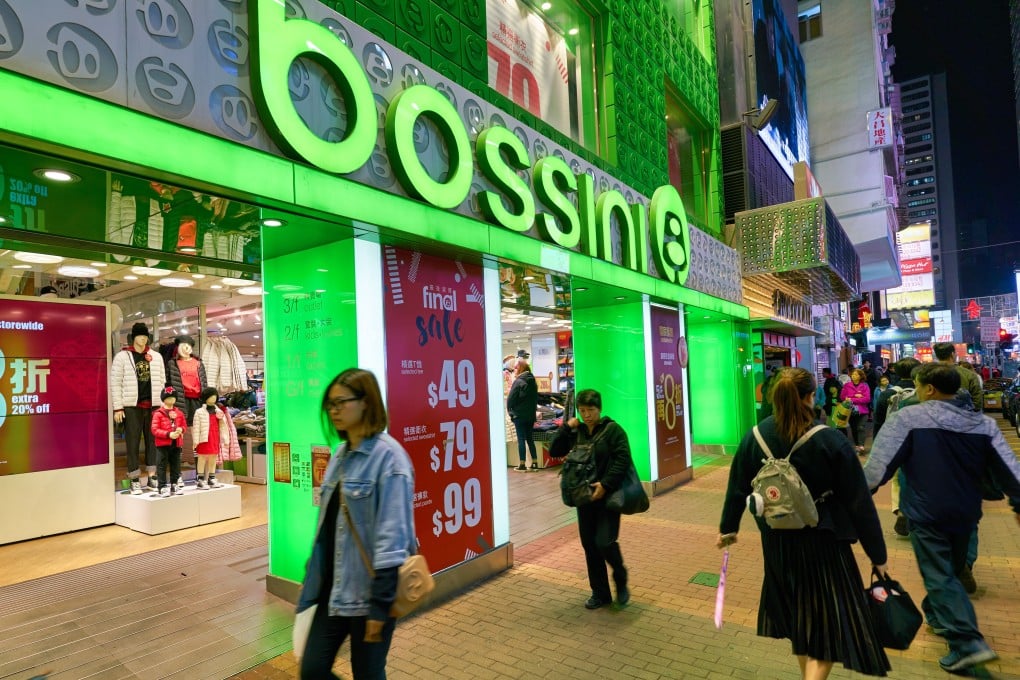‘Don’t expect to become the next Uniqlo’ without China-focused expansion strategies, Bossini says
- China is the biggest market in the world, and the one that will grow the most in the future, says Bosco Law of Bossini International
- Synergy from acquisition of Bossini by Viva China would benefit both brands

That is the view of Bosco Law Ching-kit, who teamed up with Chinese gymnastic icon Li Ning to take control of Hong Kong-listed Bossini International Holdings earlier this year in an effort to revive the family-owned business after losses deepened due to a slump in tourist arrivals and a recession.
“When you think about expanding into the international market, you have to think about China. It is the biggest market in the world, and the one that will grow the most in the future,” he said in an interview. “If you position yourself as a local brand, then you only need to focus on the Hong Kong market. You can survive on your own, but don’t expect to become the next Uniqlo.”
Uniqlo is synonymous with Fast Retailing Co, Asia’s largest apparel manufacturer with 2.3 trillion yen (US$21.7 billion) of sales in 2019. It was founded by Japan’s richest billionaire Tadashi Yanai in the 1960s, some two decades ahead of some of Hong Kong’s most-recognised home-grown labels in the industry.
